Executive Summary
- Many prominent billionaires, including Bill Gates, Steve Jobs, and Oprah Winfrey, achieved immense success and built empires without completing a formal college degree.
- These successful individuals often prioritized real-world application, hands-on experience, and immediate problem-solving over traditional academic structures.
- Common traits among self-made billionaires who bypassed college include vision, risk-taking, entrepreneurial drive, problem-solving aptitude, and continuous learning, highlighting their importance over formal credentials.
The Story So Far
- The success of billionaires who bypassed traditional college education is primarily attributed to their intense focus on real-world application, hands-on problem-solving, and a deep-seated impatience with conventional learning structures, allowing them to prioritize immediate execution and innovation within rapidly evolving industries.
Why This Matters
- The success stories of billionaires who achieved immense wealth without completing college fundamentally challenge the conventional wisdom that a degree is a prerequisite for professional success. This trend highlights that entrepreneurial drive, practical problem-solving, and a relentless focus on innovation can be equally, if not more, crucial determinants of financial well-being, offering a powerful alternative narrative for aspiring innovators and business leaders.
Who Thinks What?
- A college degree is not the sole determinant of achieving financial well-being and growth, as demonstrated by numerous billionaires who built empires through vision, grit, and an entrepreneurial spirit without completing formal university education.
- The traditional narrative suggests that earning a college degree is a prerequisite for professional success, leading to stable careers and financial security.
In an era where a college degree is often deemed a prerequisite for professional success, a remarkable cadre of billionaires has defied convention, proving that vision, grit, and an unwavering entrepreneurial spirit can pave an equally prosperous path. These titans of industry, including household names like Bill Gates, Steve Jobs, and Oprah Winfrey, built empires and amassed staggering wealth without completing a formal university education, demonstrating that while valuable, a traditional degree is not the sole determinant of achieving financial well-being and growth. Their stories serve as compelling case studies, challenging established norms and offering profound lessons for aspiring innovators and business leaders across the globe.
The Unconventional Path to Billions
For generations, the narrative has been clear: earn a degree, secure a good job, and climb the corporate ladder. This well-trodden path has led millions to stable careers and financial security. However, the rapidly evolving landscape of technology, media, and global commerce has opened doors for individuals with unconventional skill sets and an innate ability to identify and capitalize on emerging opportunities.
The billionaires who bypassed or dropped out of college often share a common thread: an intense focus on a specific passion or problem, coupled with a deep-seated impatience for traditional learning structures. They prioritized real-world application, hands-on experience, and immediate problem-solving over classroom lectures and academic theories. This practical approach allowed them to move quickly, iterate rapidly, and often gain a significant head start in nascent industries.
Case Studies: Illustrious Dropouts and Non-Starters
The roster of billionaires who achieved monumental success without a degree is both inspiring and diverse, spanning various industries and backgrounds.
Bill Gates: The Software Pioneer
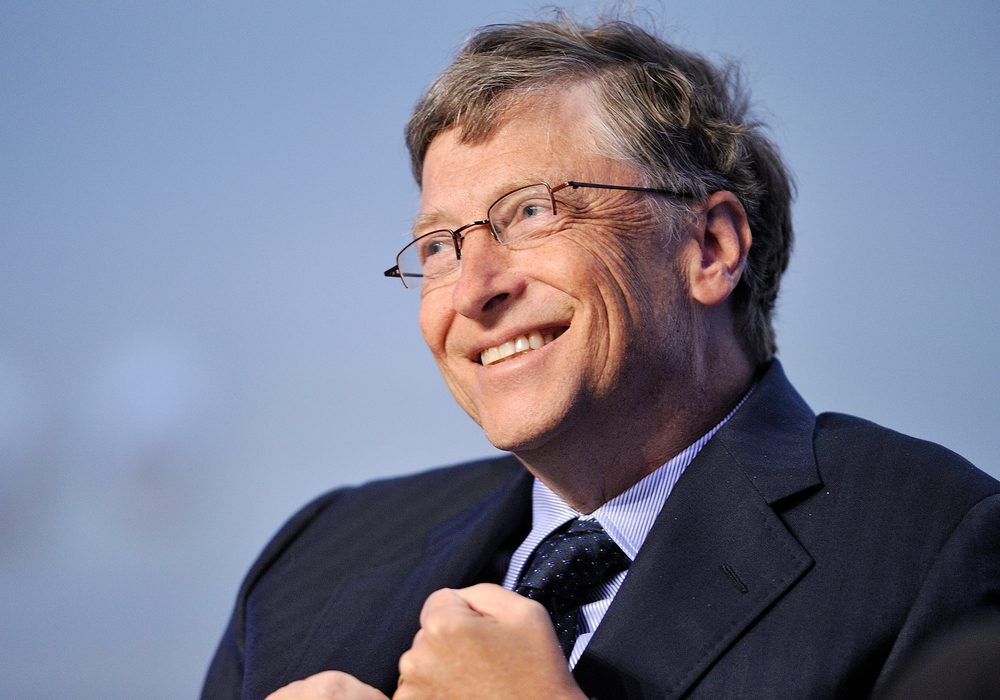
Bill Gates famously dropped out of Harvard University in 1975 to fully dedicate himself to Microsoft, the company he co-founded with Paul Allen. His early departure was driven by a clear vision for personal computing and an urgent desire to seize the burgeoning opportunities in software development. Gates’s deep understanding of programming and his relentless work ethic allowed Microsoft to quickly dominate the operating system market, fundamentally changing how the world interacts with technology.
Steve Jobs: The Visionary Innovator

Steve Jobs attended Reed College for just six months before dropping out, though he continued to audit creative classes like calligraphy. This early exposure to design and aesthetics profoundly influenced his philosophy for Apple products. Jobs’s genius lay not just in technology, but in his ability to fuse cutting-edge engineering with elegant design and intuitive user experience, creating iconic devices like the Macintosh, iPod, iPhone, and iPad that revolutionized multiple industries.
Mark Zuckerberg: Connecting the World
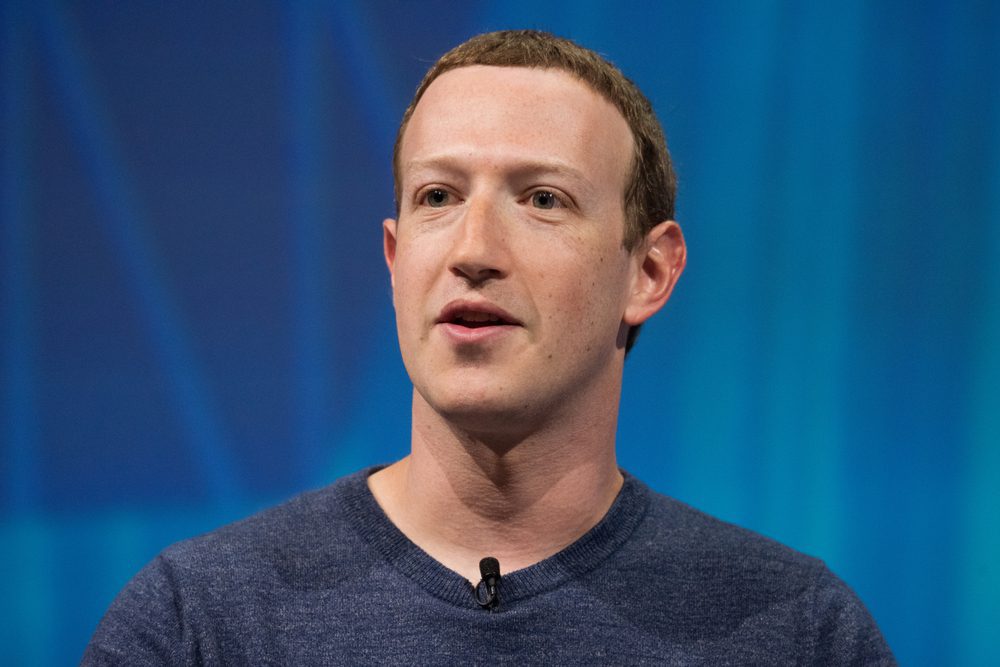
Mark Zuckerberg launched Facebook from his Harvard University dorm room and subsequently dropped out to focus entirely on the social networking platform. His early insight into the human desire for connection and community laid the groundwork for a global phenomenon. Zuckerberg’s audacious vision to connect billions of people transformed communication and digital interaction, making him one of the youngest self-made billionaires in history.
Larry Ellison: The Self-Taught Tech Giant
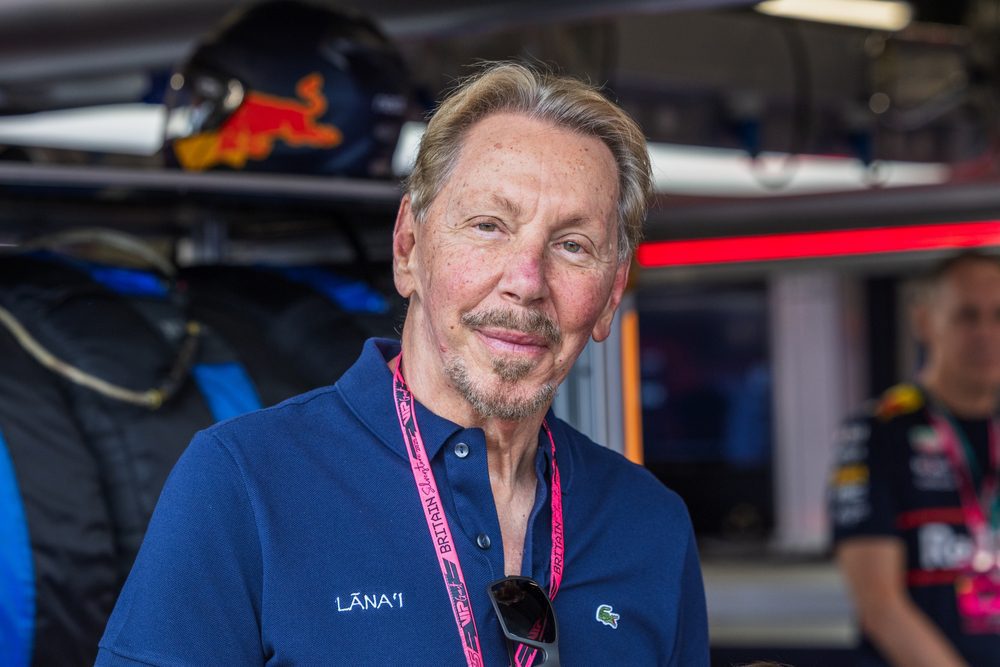
Larry Ellison attended the University of Illinois at Urbana-Champaign and the University of Chicago but never completed a degree at either institution. Largely self-taught in computer programming, Ellison co-founded Oracle in 1977, building it into one of the world’s largest and most successful enterprise software companies. His relentless ambition and competitive drive propelled Oracle to the forefront of database technology, serving businesses worldwide.
Michael Dell: Revolutionizing Computer Sales
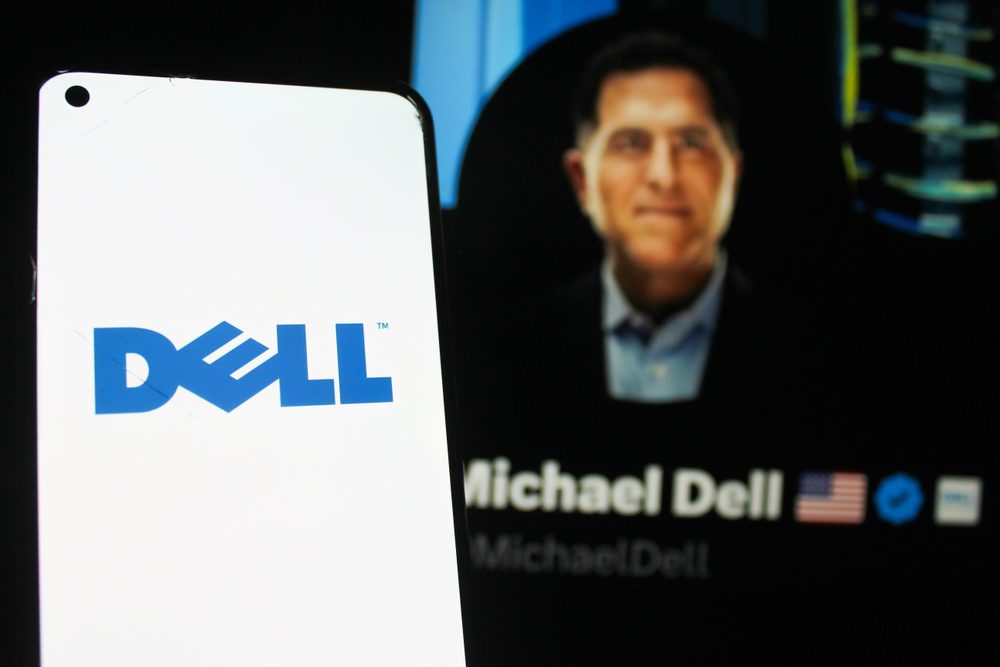
Michael Dell dropped out of the University of Texas at Austin to focus on his nascent computer business, which he started in his dorm room. His innovative direct-to-consumer model, selling custom-built computers directly to customers, cut out middlemen and offered significant cost savings. This approach fundamentally disrupted the computer industry, making Dell Technologies a household name and a global leader in personal computers and enterprise solutions.
Oprah Winfrey: The Media Mogul

Oprah Winfrey attended Tennessee State University but did not graduate, choosing instead to pursue her burgeoning career in television. Her unparalleled ability to connect with audiences, tell compelling stories, and build a media empire around her authentic persona is a testament to her unique talents. Through her talk show, production company, and media network, Winfrey built a brand synonymous with empowerment and influence, demonstrating the power of empathy and communication in business.
Richard Branson: The Maverick Entrepreneur

Richard Branson left school at 16, struggling with dyslexia, and quickly launched his first venture, a student magazine. From there, he built the Virgin Group, an eclectic conglomerate encompassing music, airlines, telecommunications, and even space tourism. Branson’s audacious risk-taking, brand-building prowess, and ability to disrupt established industries across diverse sectors exemplify the spirit of a true serial entrepreneur unburdened by academic credentials.
Amancio Ortega: The Fast Fashion Visionary
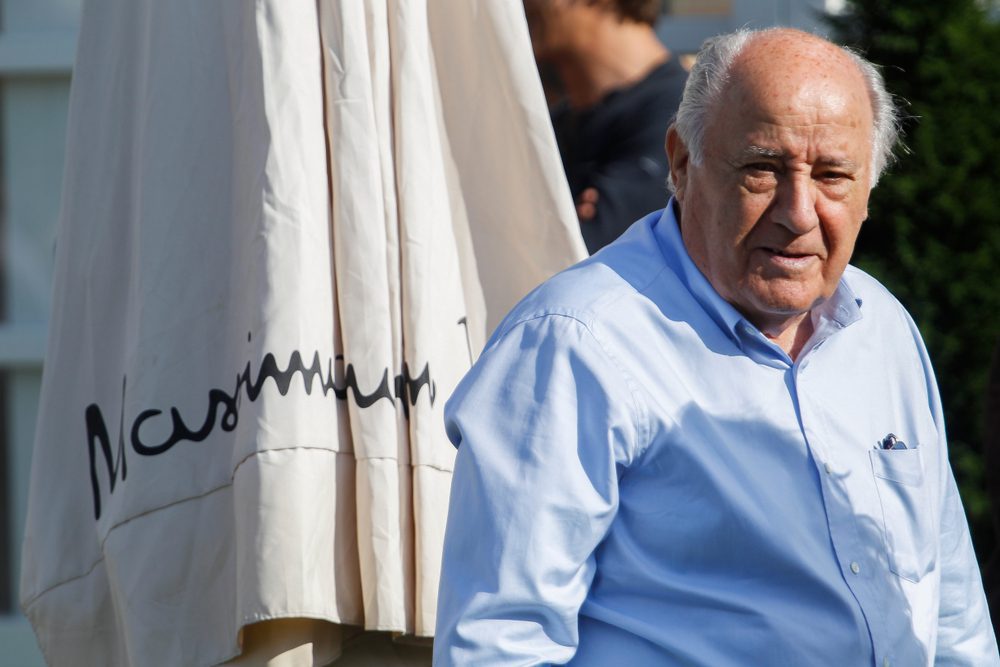
Amancio Ortega, the founder of Inditex (Zara’s parent company), left school at 13 to work as a delivery boy and then in a shirt shop. His hands-on experience in garment manufacturing and retail gave him an intimate understanding of the fashion industry. Ortega pioneered the “fast fashion” model, rapidly moving designs from concept to store shelves, making Zara a global retail powerhouse and himself one of the world’s wealthiest individuals.
Common Traits of Self-Made Billionaires Without Degrees
While their paths diverge, a set of common characteristics often unites these extraordinarily successful individuals.
Vision and Innovation
These billionaires possessed an uncanny ability to foresee future trends and develop innovative solutions. They didn’t just adapt to change; they instigated it, often seeing opportunities where others saw only challenges. Their visions were bold and transformative, reshaping entire industries.
Risk-Taking and Resilience
Leaving traditional education or starting a business with little capital involves significant risk. These individuals demonstrated an exceptional tolerance for risk and an incredible capacity for resilience in the face of setbacks, failures, and criticism. They viewed obstacles as learning opportunities, not insurmountable barriers.
Entrepreneurial Drive
A relentless drive to create, build, and grow is a hallmark of these self-made successes. They were not content with following existing paths; instead, they forged their own, driven by an inner compulsion to bring their ideas to fruition and make a tangible impact on the world.
Problem-Solving Aptitude
Rather than relying on pre-existing frameworks, these billionaires were adept at identifying complex problems and devising practical, often disruptive, solutions. Their focus was on functionality and efficiency, leading to products and services that truly met market needs.
Adaptability and Continuous Learning
The world of business is in constant flux. These individuals demonstrated remarkable adaptability, quickly pivoting strategies and embracing new technologies. Crucially, they were perpetual learners, absorbing knowledge from real-world experiences, mentors, and self-study, proving that learning extends far beyond formal institutions.
Lessons for Aspiring Entrepreneurs
The stories of these billionaires offer powerful insights: While formal education provides a valuable foundation, it is not the sole arbiter of success. Cultivating a strong vision, embracing calculated risks, fostering an unwavering entrepreneurial spirit, and committing to lifelong learning are paramount. For those with a clear passion and the drive to execute, the world remains full of opportunities to build, innovate, and achieve extraordinary financial success, regardless of academic credentials.








